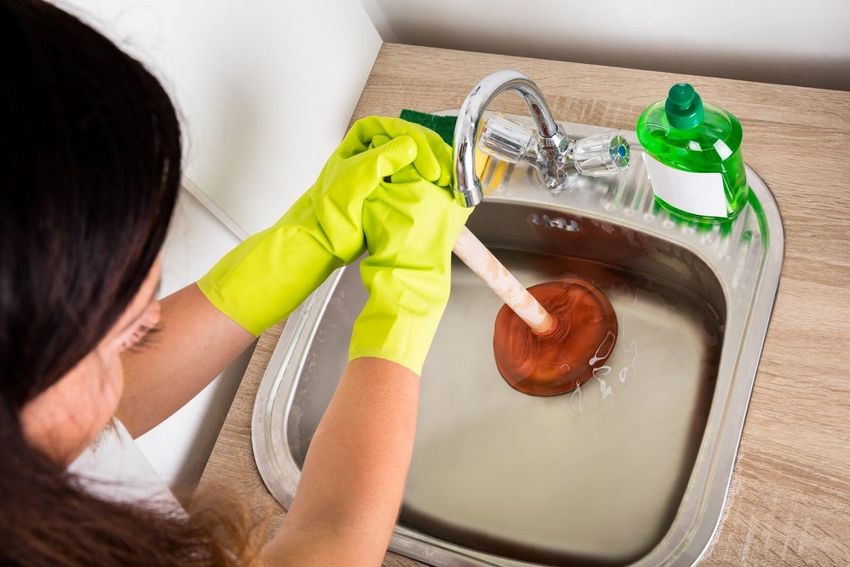4 Tips for Drain Maintenance And Care
June 1, 2020

Most of your plumbing system is hidden, so you may not think about it often. However, when the drains are affected, it can cause standing water, slow drainage, or backups. For this reason, you should care for your drains and plumbing system. If you want to better care for your plumbing system, check out these four tips for drain maintenance and care.
1. Watch What You Put Down the Drain
There's a lot of items you should not put down any drain, including your toilet or garbage disposal. Grease, in particular, should not go down the drain. Grease and fat clumps up in the drain, which leads to clogs. In fact, a large percent of sewer backups are from people putting grease, fat, and oils down the drain.
Eggshells should also not go into the drain because they can break up and get stuck in the grease and fats. Similarly, coffee grounds can glob up and create clogs. Other materials that should not be flushed or go a drain include cotton balls, paper towels, household fluids, medications, and feminine hygiene products.
2. Use a Drain Screen
Drain screens are particularly beneficial for stopping hair from getting stuck in the drain. This problem is common in the shower, but it can also happen in the bathroom sink if someone shaves frequently over the sink. Without these screens, copious amounts of hair can get stuck in the drain, working as a net to catch anything else that goes down the drain. Eventually, this creates a clog or slow drainage.
Several types of drain screens are available, including dome-style drain screens, drain covers, and basket or plug style hair catchers. Dome-style covers are common and inexpensive, but they need regular cleaning. A basket or plug style screen is best for catching hair.
3. Use Hot and Cold Water Properly
Hot water does a lot to help wash away the gunk on the walls of the pipes. If you have a clog or slow drainage, boiling water may be necessary, but to maintain the drain, simply run some hot water each time you use the drain, especially in areas like the kitchen.
However, you should not always use hot water. For example, if you put some food scraps into the disposal, you may still have fat, oils, or other materials that can clog the drain. If you use cold water when running the disposal, the chunks stick together and wash away. Using hot water, however, will melt fats and greases, making them sticky enough to get stuck.
4. Professional Clean the Drains
Part of good maintenance is professionally cleaning your drains. Naturally, a good cleaning will remove any blocks you have. Even if you don't have a full clog, removing this grime will help increase drainage. All the gunk stuck to the pipes narrows the passage, so water moves much slower. Cleaning easily opens this passage.
Naturally, getting rid of clogs and blocks will save you money by preventing backups. Not only can a drain backup cause water damage, but it can contaminate your home with sewage if the toilet backs up. Eliminating that nasty goop in the pipes will also improve the odor. As an added benefit, when cleaning your pipes, technicians can look for any potential problems so they can be fixed before they turn into a burst pipe.
Regularly cleaning your drains is a necessity for regular maintenance. Not only will it help reduce unpleasant odors and boost drainage, but it can prevent expensive repairs from damaged pipes or backflows. If you would like to know more about drain cleaning, contact us
at Shamrock Plumbing today.






